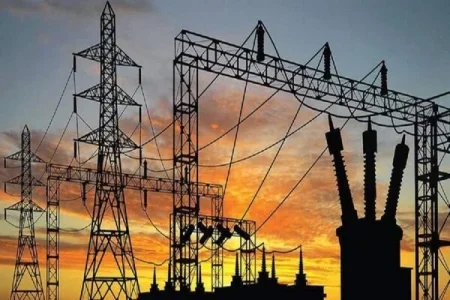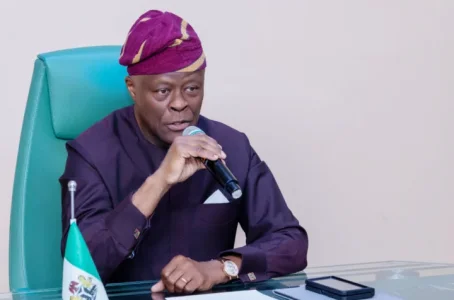
Nigeria’s power generation companies have threatened to halt operations over a ₦4 trillion debt owed by the federal government and market operators. They warn that continued underpayment and poor revenue collection could collapse the power sector. GenCos demands urgent financial intervention and guarantees to avoid a nationwide blackout.
Nigeria's power generation sector is on the brink of a major crisis as power generation companies (GenCos) warn that they might be forced to cease operations due to over N4 trillion in unpaid debts. GenCos, led by the Chairman of the Board of Trustees, Rtd. Colonel Sani Bello expressed their concerns in a press briefing on Monday in Abuja.
According to GenCos, the accumulated debt has severely hindered their operations, and without immediate intervention, Nigeria could face widespread power outages. The unpaid debt comprises N2 trillion for electricity generated in 2024 and N1.9 trillion in legacy debts. These debts have continued to grow, leaving GenCos struggling to fulfill their financial obligations, which threatens the entire energy value chain.
Bello emphasized that despite generating electricity for the nation, GenCos are only receiving 9–11 percent of their invoiced amounts, while other service providers in the sector are paid in full. The payment shortfall has compounded the liquidity crisis in the sector, and with power collection rates dropping below 30 percent in 2024, the situation is dire.
The GenCos also pointed out that the allocation of N900 billion in the 2025 national budget for the power sector is insufficient to address the mounting debts or sustain future payments. Complicating matters further are the high operational costs, denominated in U.S. dollars, and limited access to foreign exchange.
To resolve the crisis, GenCos are calling on the government to urgently settle the outstanding invoices, overhaul the payment structure, and offer guarantees backed by institutions such as the World Bank and the African Development Bank. They stress that a coordinated and realistic approach is crucial to overcoming the liquidity issue and ensuring the stability of Nigeria's power supply.
The Minister of Power, Adebayo Adelabu, has yet to comment on the situation at the time of reporting.




